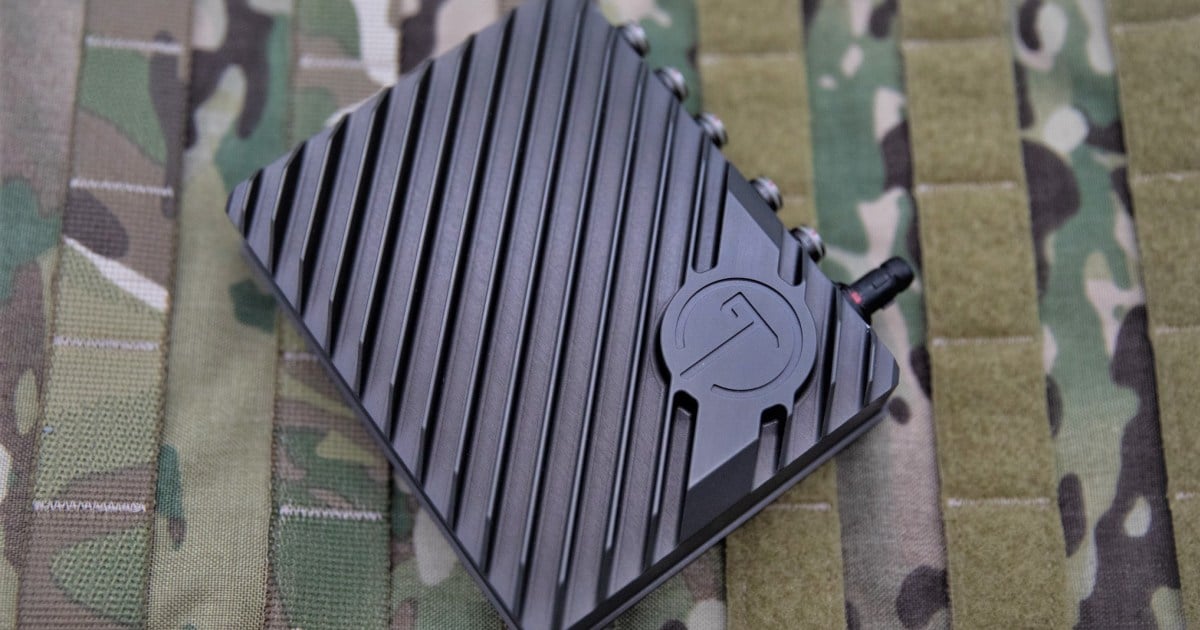It’s no secret that the panoply of IoT ecosystems and standards bodies sounds more like cacophony than harmony these days, which is to be expected given that we’re still in the early stages of the hyperconnected things economy with its promised billions in commercial value.
Believe it or not, it was back in 1993 that Bob Young started shipping Linux CD’s and related open source software, and when Marc Ewing created Red Hat as a small Linux distribution company. Young and Ewing got together in 1995, went public in 1999, and became very wealthy as many analysts scratched their heads about how to turn “free and open” into “sustainably profitable.”
Early releases of Red Hat Linux were shipped on – yes – floppy disks and CDs as Internet broadband was still scarce. The help desk had a mailbox – a real 3-dimensional one – but today Red Hat offers 24/7/365 support and generates billions in revenues from support subscriptions.
At the end of March this year, Red Hat reported 2016 full year revenue of $2.4 billion, up 18% year over year, with the majority of those revenues coming from subscriptions. Growing 40% in the same period, application development-related and other technology subscription revenue inched towards half a billion dollars in revenue in 2016.
Red Hat Enterprise Linux 6 is the latest commercial offering targeted at corporate, mission critical installations. Enterprise IT teams can download the source code free of charge and build the software using pure open source, or they can download a pre-built binary version of the software which requires the maintenance subscription including support and updates.
Red Hat is chasing the IoT like so many other companies, but recently we were introduced to a start up in the UK whose vision it is to bring open source “plus” to developers. This start-up company, IOTech, joined the Linux Foundation’s recently launched EdgeX Foundry project, as IOTech’s focus is firmly on solving for the “fog” and “mist” at the very edge of IoT/IIoT deployments.
Many of the 300 companies claiming to have an ‘IoT platform' have a cloud-focused approach which is not sustainable with the shear amount of data being generated by sensors and the need for local real-time response. As such, IOTech’s team is on board with the OpenFog Consortium’s statement: “The growth in IoT is explosive, impressive – and unsustainable under current architectural approaches. Many IoT deployments face challenges related to latency, network bandwidth, reliability and security, which cannot be addressed in cloud-only models.”
Moving from Concept to Implementation: Beyond The Hundreds of Demos
Keith Steele, founder and CEO of IOTech, said, “The OpenFog Consortium, Industrial Internet Consortium and others are mostly addressing edge use cases, architectures and demos. Sounds good, but where is the tangible center of gravity that prevents up from just ending up with another 300 platforms for the edge and a huge systems integration problem, which would slow down IoT adoption and market scale?”
The IOTech team, which comes out of a blend of Operational Technologies (OT), Distributed Real-time & Embedded (DRE) and commercial software products in this space recognized early on that IoT is not just about delivering technology but business models that can accelerate the IoT by reducing barriers to adoption and improving the ability to scale and sustain economically.
A Tip of the Hat: Pervasive, Open Software for the Edge
“Fundamental to our strategy is an ‘open source’ business model, one which will position us to drive value for the entire industry through a Red Hat-esque offering specifically for the Edge Platform market,” Steele said.
“We originally planned to develop our own technology, but in 2016 we became aware of a Dell CTO incubation project called FUSE; both the technology and the Dell business model for FUSE was a match with our ambitions, so we got behind Dell’s efforts to create an Open Source initiative for the Edge,” Steele continued. FUSE was contributed by Ddell to the vendor-neutral Linux Foundation project EdgeX Foundry, which launched at Hannover Messe with over 50 signed member organizations, including IOTech and other key IOT vendor’s, developers and users. The Object Management Group, ULE Alliance, EnOcean Alliance and Project Haystack also joined, a great sign that the standards bodies are getting aligned as well.
Many more member companies are in the works, plus the EdgeX project is collaborating with numerous other standards bodies and consortia including OpenFog and the IIC. The EdgeX Foundry architecture was designed to be well-aligned with the OpenFog reference architecture with the intent of the EdgeX code acting as a baseline ingredient for OpenFog test beds that prove out scalable fog computing deployments. The intended collaboration with the IIC is to take this a step further with focus on test beds for specific industrial markets and use cases.
While IOTech has not named specific enterprise customers, their base is described as “global Industrial IoT players who want the scale factor of open source but value commercially-supported products and lack the skills or resources to deliver integration with their own assets.”
IOTech plans to actively promote and drive the EdgeX collaboration and standards efforts through their vendor neutral policy, “We have no baggage,” Steele said. “We aim to be at the heart of the edge infrastructure opportunity by leveraging both EdgeX technology, which will accelerate our solution time-to-market and the partner ecosystem of key IoT players, which facilitates the global market opportunity.”
Keeping It Real: Commercialization Pathway
IOTech’s open source approach will lead to what they call a “commercial quality” offering, including binary distributions and “user friendly installation, documentation, quick starts, API reference and admin guides, release notes, known issues, bug fixes, tutorials and more. They will also continue to offer rigorous QA, including unit, integration, platform, performance and scalability testing. They will also sell training materials and sessions, assist in the development of product demo, support and ticketing systems, and ongoing life cycle management.
“We intend to be a leading contributor to the EdgeX Foundry infrastructure development and roadmap, in parallel with our interal investments in developing a range of complementary commercially licensed products and services,” Steele said.
Their first solution offering will include a commercially-supported and packaged implementation of the open source EdgeX Foundry core platform, available with a range of professional services, and they are wasting no time marching forward, already offering EdgeX Foundry training for developers and engineers.
“This is an exciting time – a real pivot point for those of us who have enjoyed the challenges the edge of the IoT presents,” according to Steele. “Together, we’ll solve and create economically sustainable businesses, joining forces with The Linux Foundation, the more than fifty charter members of EdgeX Foundry, and new members as they jump in. Red Hat got it right, and have set a great precedent for our company which is determined to be the very best in the world at offering and support open source at the edge.”
Edited by
Ken Briodagh





